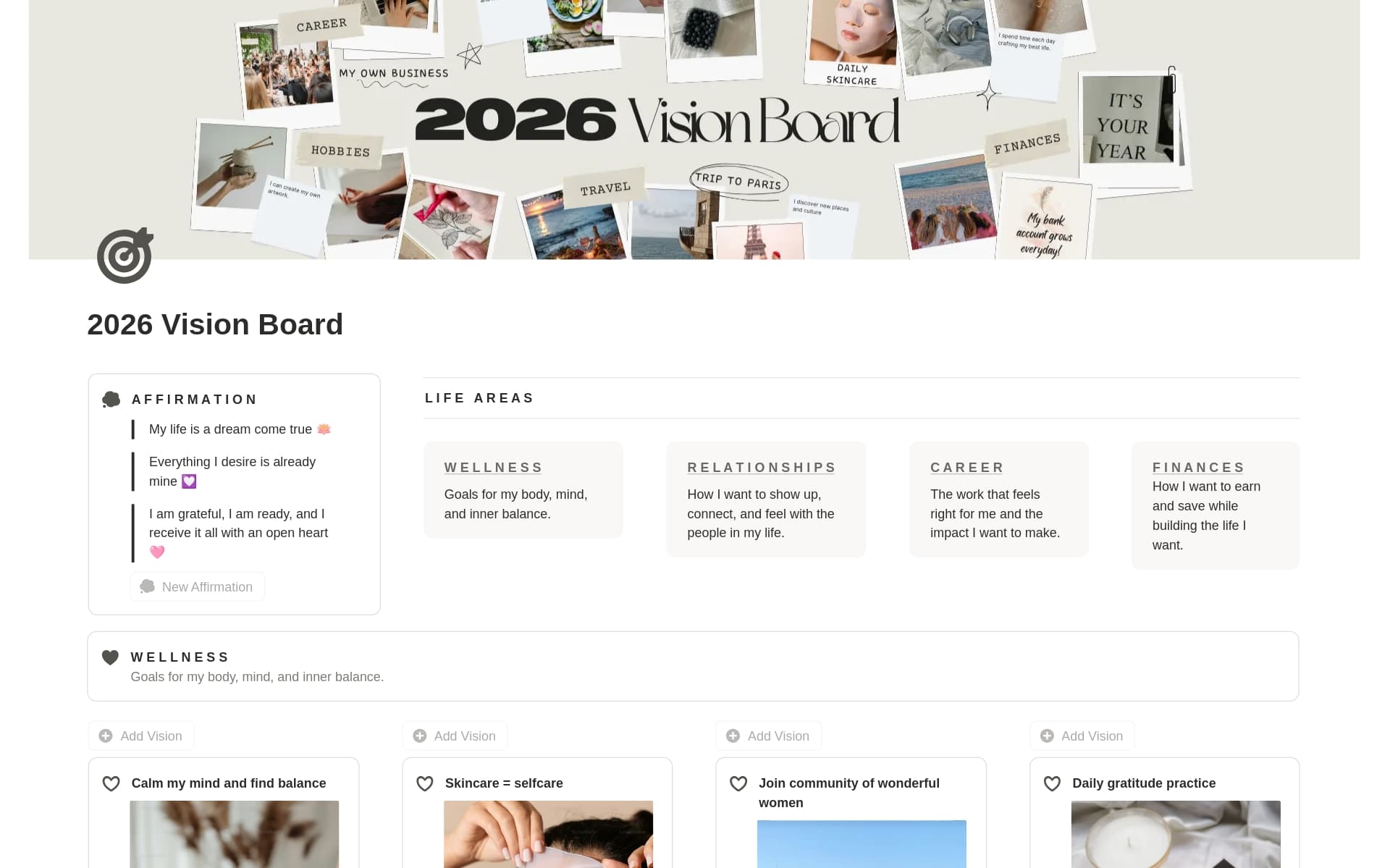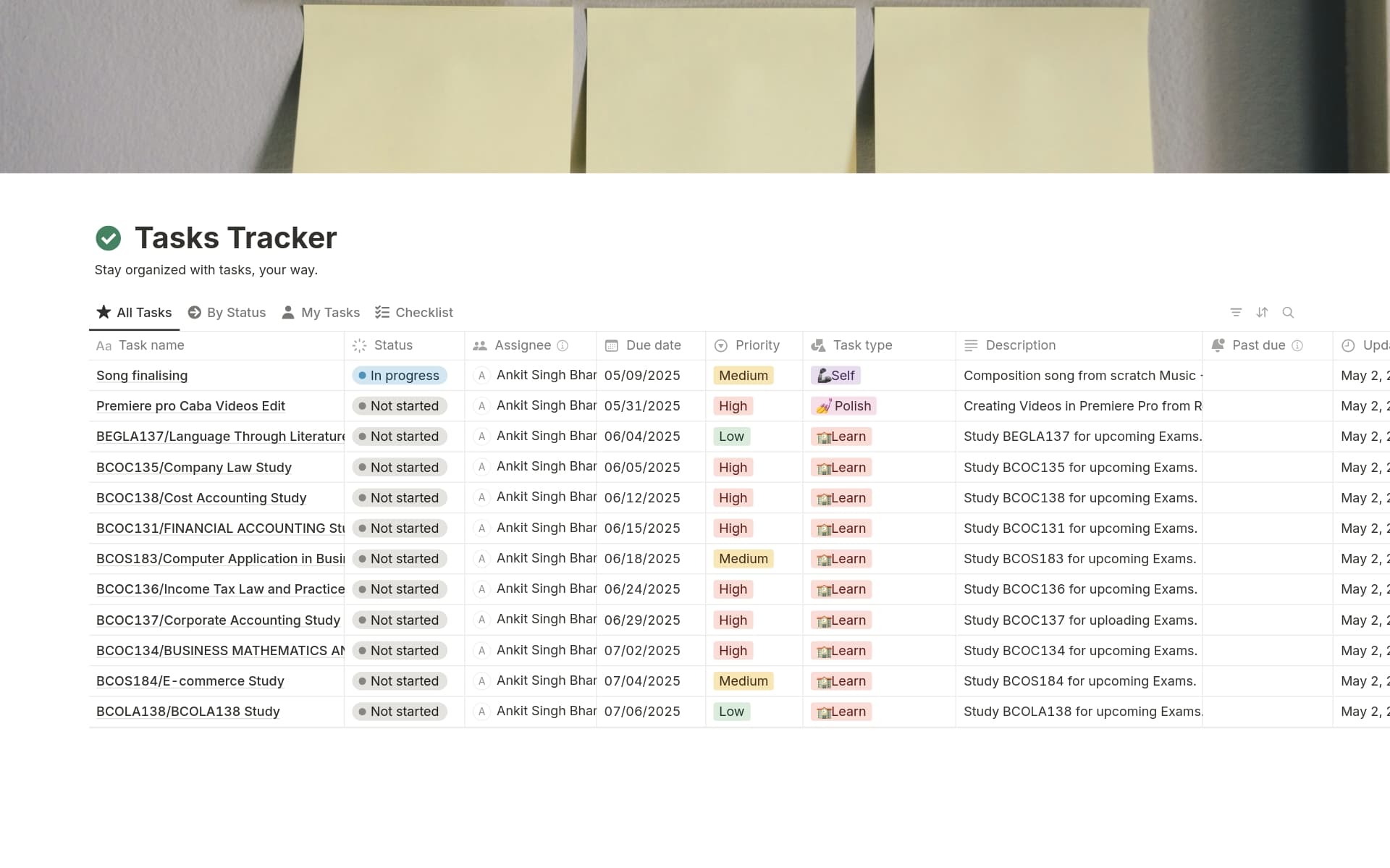For growth hackers, leveraging social media isn't just an option—it's a necessity for amplifying their marketing efforts and driving engagement. A specialized Social Media template, therefore, becomes invaluable for streamlining the process, ensuring that every post, campaign, and interaction is meticulously planned and executed with precision. It simplifies monitoring metrics, analyzing outcomes, and tailoring strategies for maximum impact.
Before you embark on creating your custom Social Media template, exploring the following meticulously designed templates might pave the way for a more efficient and organized approach to your social media endeavors.
What Should Social Media Templates Include?
Choosing the right social media template can streamline your content creation process and enhance your online presence. Here are key components to look for in a high-quality template:
Content Calendar: This should provide a clear overview of your posting schedule, helping you plan and organize content effectively across different platforms.
Engagement Tracker: A good template will include tools to track likes, comments, and shares, allowing you to measure the impact of your posts and adjust strategies accordingly.
Visual Content Repository: Look for templates that offer a section to store images, videos, and other media for easy access and consistent use in your posts.
Analytics Dashboard: Essential for monitoring performance metrics, this component should help you understand audience behavior and content reach.
Ultimately, the best template is one that not only fits your brand's aesthetic but also offers functionality to make your social media management more efficient and impactful.
What Should Social Media Templates Avoid?
Choosing the right social media template is crucial for effective digital marketing. However, it's equally important to know what to avoid in a template to ensure it meets your strategic needs.
Overly Complex Layouts: Avoid templates that feature excessive design elements or complex layouts. These can distract from the content and make posts less user-friendly.
Generic Branding: Steer clear of templates that do not allow easy customization for branding. Templates should be adaptable to incorporate your logos, color schemes, and brand voice.
Irrelevant Features: Avoid templates packed with features that do not align with your marketing goals. Excess features can complicate the user experience and dilute the impact of your messages.
Choosing a template that avoids these pitfalls will streamline your social media strategy, enhancing both engagement and reach.




